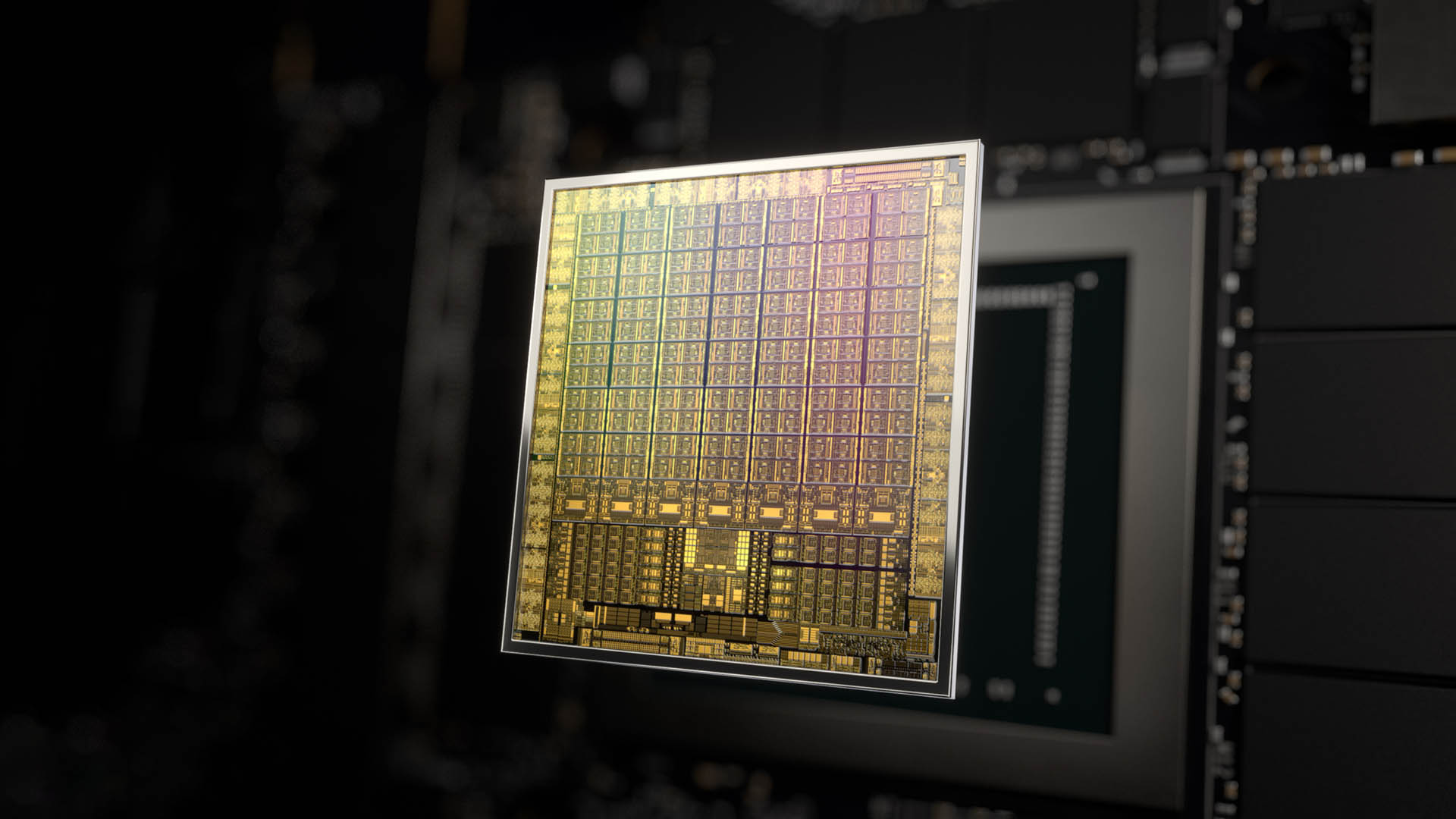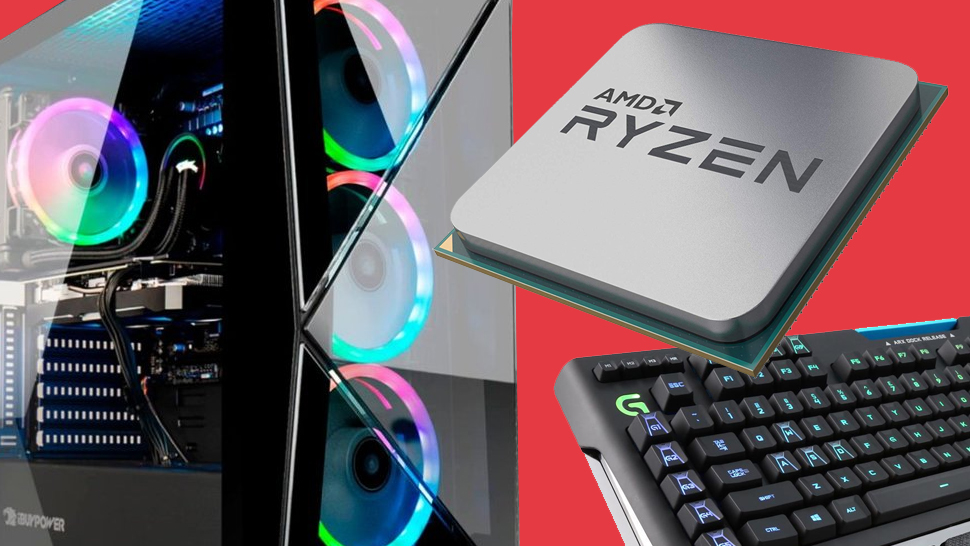An RTX 3050 and 3050 Ti could bring Nvidia's DLSS tech to where it's needed most
AI-powered super sampling for the entry-level is an exciting proposition.

If the rumours of an RTX 3050 and RTX 3050 Ti are true then that would mean we'd see an end to the half-step 'GTX' generation, first introduced with the 16-series alongside the RTX 20-series. That would make for a clean slate of cards, for one, but perhaps more importantly that could mean Nvidia's AI supersampling technology, DLSS, would launch where it matters most, in entry-level cards.
The RTX 3050 and RTX 3050 Ti have only been loosely outlined at this point, and if early leaks are any indication then these cards exist in, at least, plan alone—hopefully not in Jen-Hsun's waste paper basket, anyways.
Nvidia's typical focus is on the high-end first with a slow release of the lower-spec cards gradually over the following months—the GTX 1080 launched back in May 2016, while the GTX 1050 wouldn't see the light of day until October that same year—and by that logic, we're probably some ways out from an RTX 3050 or RTX 3050 Ti release.
Perhaps why we've only seen these cards in passing mention today. Our most concrete information comes from leaker Kopite7kimi, who recently tweeted the potential specification for the RTX 3050. That would see the card utilise the GA107-300 GPU, 2,304 FP32 units, and a 90W TGP.
RTX 3050, GA107-300, 2304FP32, 90W TGPNovember 9, 2020
The RTX 3070 utilises the GA104 GPU, while the GA106 is rumoured to be set to land in the RTX 3060—whenever that decides to show up.
I'll admit, one tweet purporting to list the RTX 3050 specifications is not all that concrete. And if recent speculation rings true, then Nvidia is just happy to tear up the blueprints for future Ampere SKUs at a moment's notice, too.
Still, this isn't so much a story of confirmation that such a card exists (although we're hearing more of that as the day goes on) and more just a hopeful look at what an RTX 3050 could offer in the entry-level. The key here is that potential 'RTX' denomination.
Keep up to date with the most important stories and the best deals, as picked by the PC Gamer team.

Black Friday 2020 deals: the place to go for the all the best Black Friday bargains.
Whereas the 16-series was branded with the age-old 'GTX' branding, denoting its lack of the ray tracing RT Cores and AI inference-busting Tensor Cores, the RTX 3050 so far looks to bear the family name. That would imply at least some RTX functionality.
That means quite a bit more than merely ray tracing for RTX graphics cards today, and in fact it's not the ray tracing potential that really interests me with any entry-level RTX graphics card.
The Ampere generation offers a significant bump in ray tracing potential, but we're yet to see how that will scale further down the stack. Just how well a more-affordable GPU will fare in ray tracing workloads is yet to be determined, but we're not holding out breath for much beyond a nod to the 'holy grail' of rendering technology with budget cards.
What might make a difference is the capability for onboard inference engines, the Tensor Cores, to enable DLSS support on a lower, far more accessible band of graphics cards.


DLSS is most often touted as an effort to negate the impact of ray tracing and high-res textures on the most performant cards. It's the key for the RTX 3090's 8K promise, for example. Yet if you remove ray tracing from the equation, DLSS is similarly the key to unlocking serious performance in supported games with very little downside.
DLSS, if you haven't had a chance to experience it for yourself, is a super sampling technology. Where it differs from others we've experienced so far is that it utilises AI training and inference to bolster the image quality, and without generating greater load on the GPU's traditional rendering silicon. The AI is great at mimicking a true-to-resolution image, too.
The ability to leak over 1080p and into 1440p and expect fantastic results may be a little optimistic, but it's certainly not out of the equation with DLSS and a new Ampere entry-level to play with. An RTX 3050 sounds like a great fit for such an experiment, and the more capable RTX 3050 Ti even more so.

Jacob earned his first byline writing for his own tech blog. From there, he graduated to professionally breaking things as hardware writer at PCGamesN, and would go on to run the team as hardware editor. He joined PC Gamer's top staff as senior hardware editor before becoming managing editor of the hardware team, and you'll now find him reporting on the latest developments in the technology and gaming industries and testing the newest PC components.

